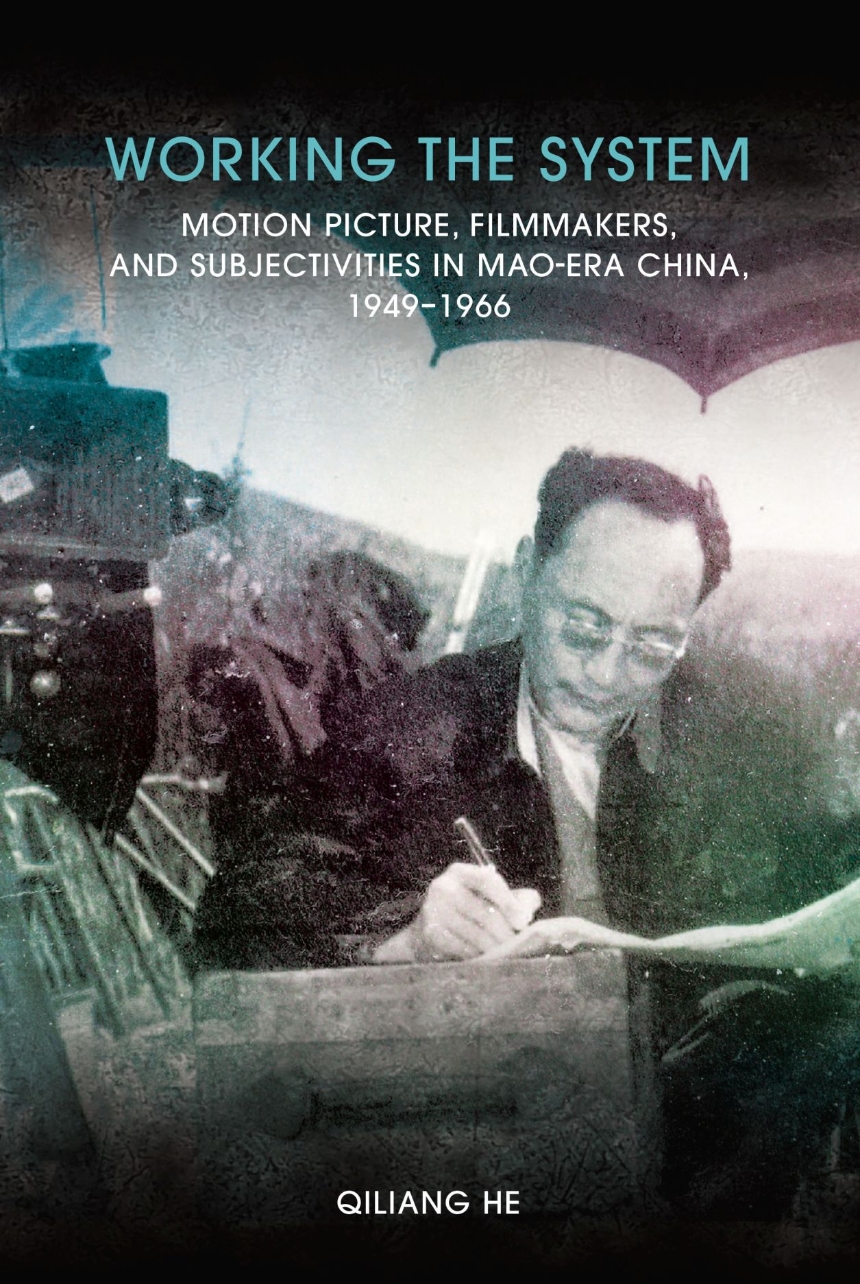Working the System
Motion Picture, Filmmakers, and Subjectivities in Mao-Era China, 1949–1966
9789888805600
Distributed for Hong Kong University Press
Working the System
Motion Picture, Filmmakers, and Subjectivities in Mao-Era China, 1949–1966
An examination of five Shanghai-based filmmakers under Mao's sociopolitical system.
In Working the System, Qiliang He inquires into the making of the new citizenry in Mao-era China by studying five preeminent Shanghai-based filmmakers. These case studies shed light on how individuals’ subjectivities took shape in the cinematic arena under a new sociopolitical system after 1949. He suggests that a filmmaker’s subjectivity was not fixed or stable but constantly in flux, requiring a host of “subjectivizing practices” to (re)shape and consolidate it. These filmmakers endeavored to reap maximal benefits from Mao’s sociopolitical system and minimize the disadvantages that would make them victims under the system. In short, Qiliang He argues that the filmmakers not only worked under the socialist system imposed upon them but also worked the system in their best interests.
In Working the System, Qiliang He inquires into the making of the new citizenry in Mao-era China by studying five preeminent Shanghai-based filmmakers. These case studies shed light on how individuals’ subjectivities took shape in the cinematic arena under a new sociopolitical system after 1949. He suggests that a filmmaker’s subjectivity was not fixed or stable but constantly in flux, requiring a host of “subjectivizing practices” to (re)shape and consolidate it. These filmmakers endeavored to reap maximal benefits from Mao’s sociopolitical system and minimize the disadvantages that would make them victims under the system. In short, Qiliang He argues that the filmmakers not only worked under the socialist system imposed upon them but also worked the system in their best interests.
180 pages | 8 halftones | 6 x 9 | © 2023
Crossings: Asian Cinema and Media Culture
History: General History
Reviews
Table of Contents
List of Illustrations
Acknowledgments
Introduction
1. Wu Xun, Song Jingshi, and Lin Zexu: Cinema and Historiography in Mao’s China (1949–1966)
2. From Wu Xun to Lu Xun: Film, Stardom, and Subjectivity in Mao’s China
3. “Putting New Wine into Old Bottles”: Sun Yu’s Filmic Career in Post-1949 China
4. Wu Yonggang: Opera Film, the Cinematic Cold War, and Artistic Autonomy
5. The Making of Xie Jin in the PRC: Womanhood, Melodrama, and Co-authorship
Conclusion
Bibliography
Index
Acknowledgments
Introduction
1. Wu Xun, Song Jingshi, and Lin Zexu: Cinema and Historiography in Mao’s China (1949–1966)
2. From Wu Xun to Lu Xun: Film, Stardom, and Subjectivity in Mao’s China
3. “Putting New Wine into Old Bottles”: Sun Yu’s Filmic Career in Post-1949 China
4. Wu Yonggang: Opera Film, the Cinematic Cold War, and Artistic Autonomy
5. The Making of Xie Jin in the PRC: Womanhood, Melodrama, and Co-authorship
Conclusion
Bibliography
Index

